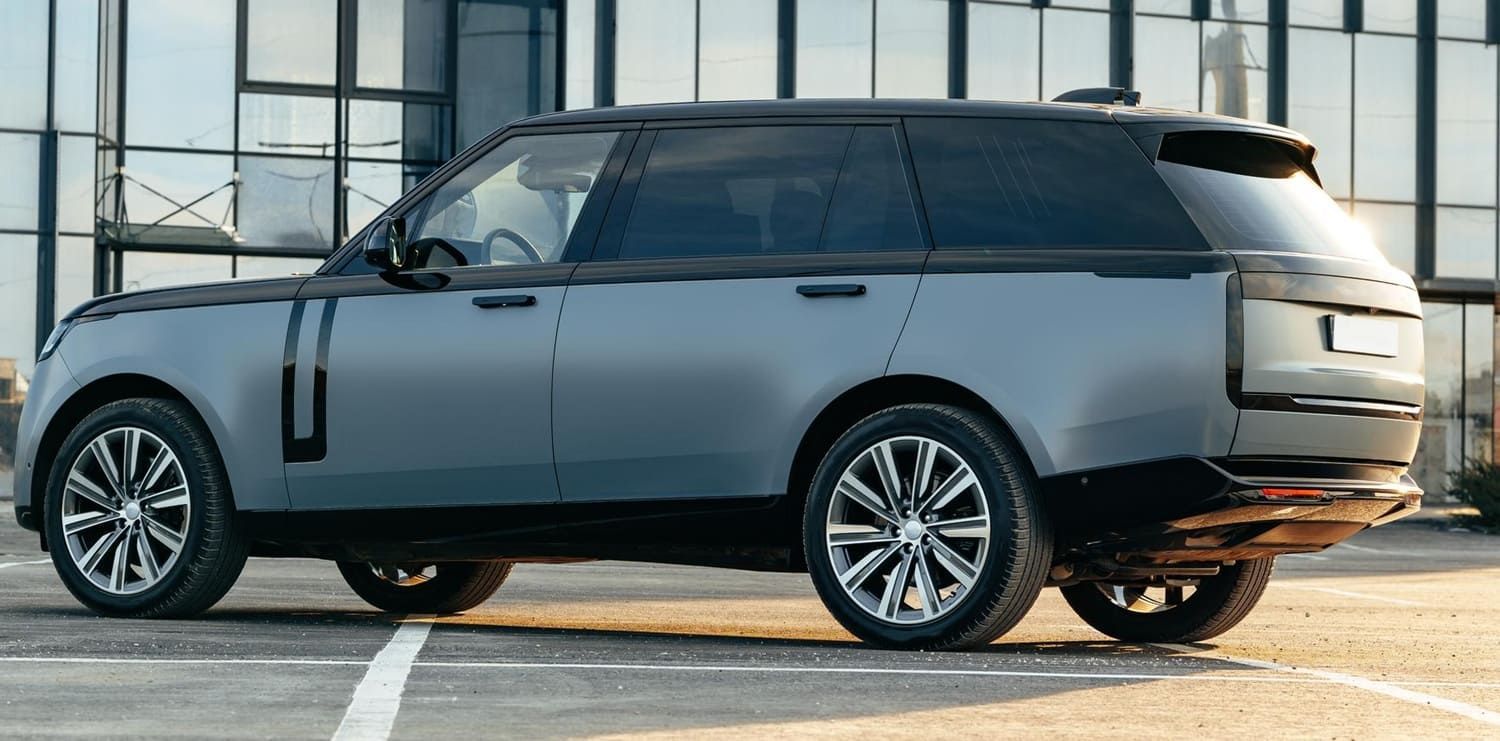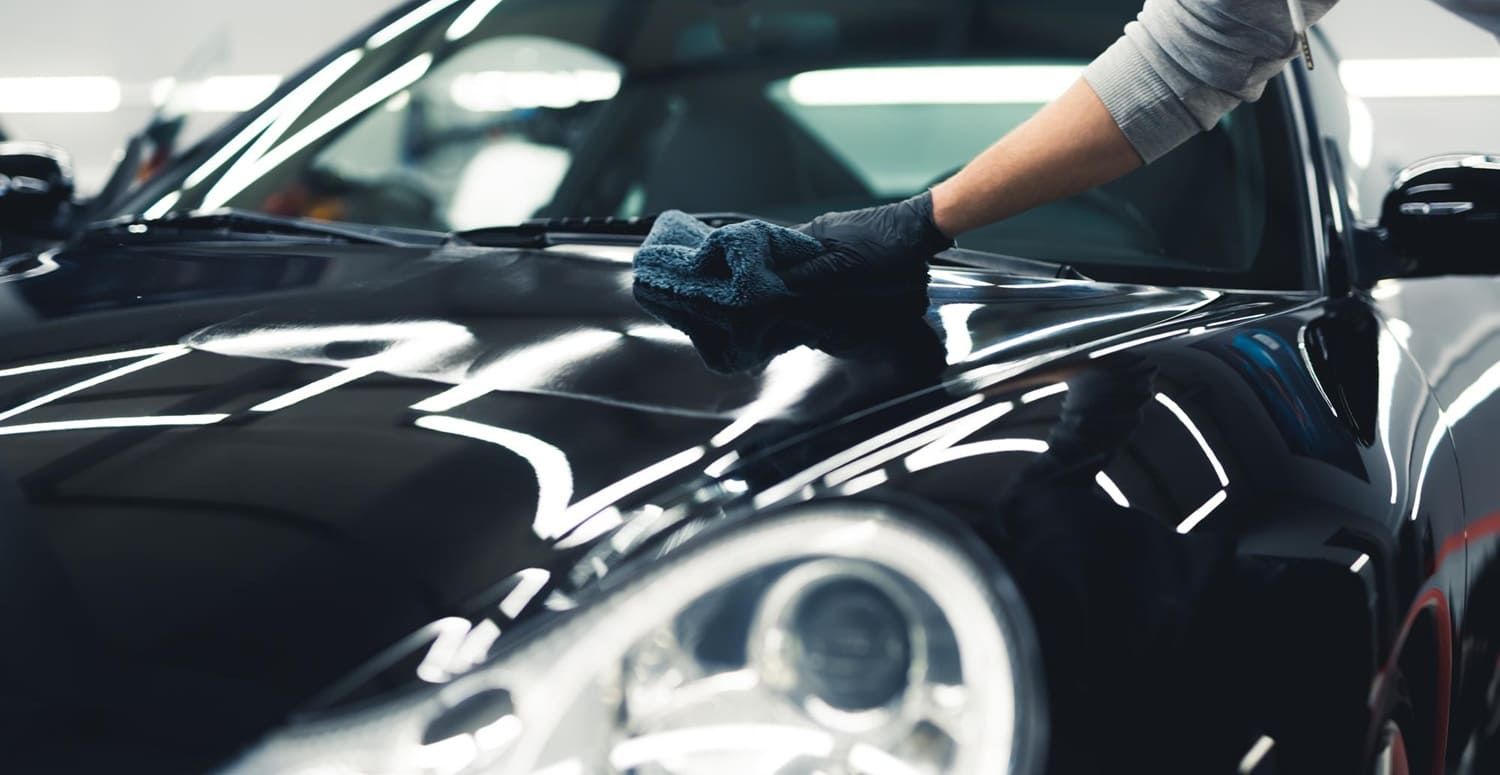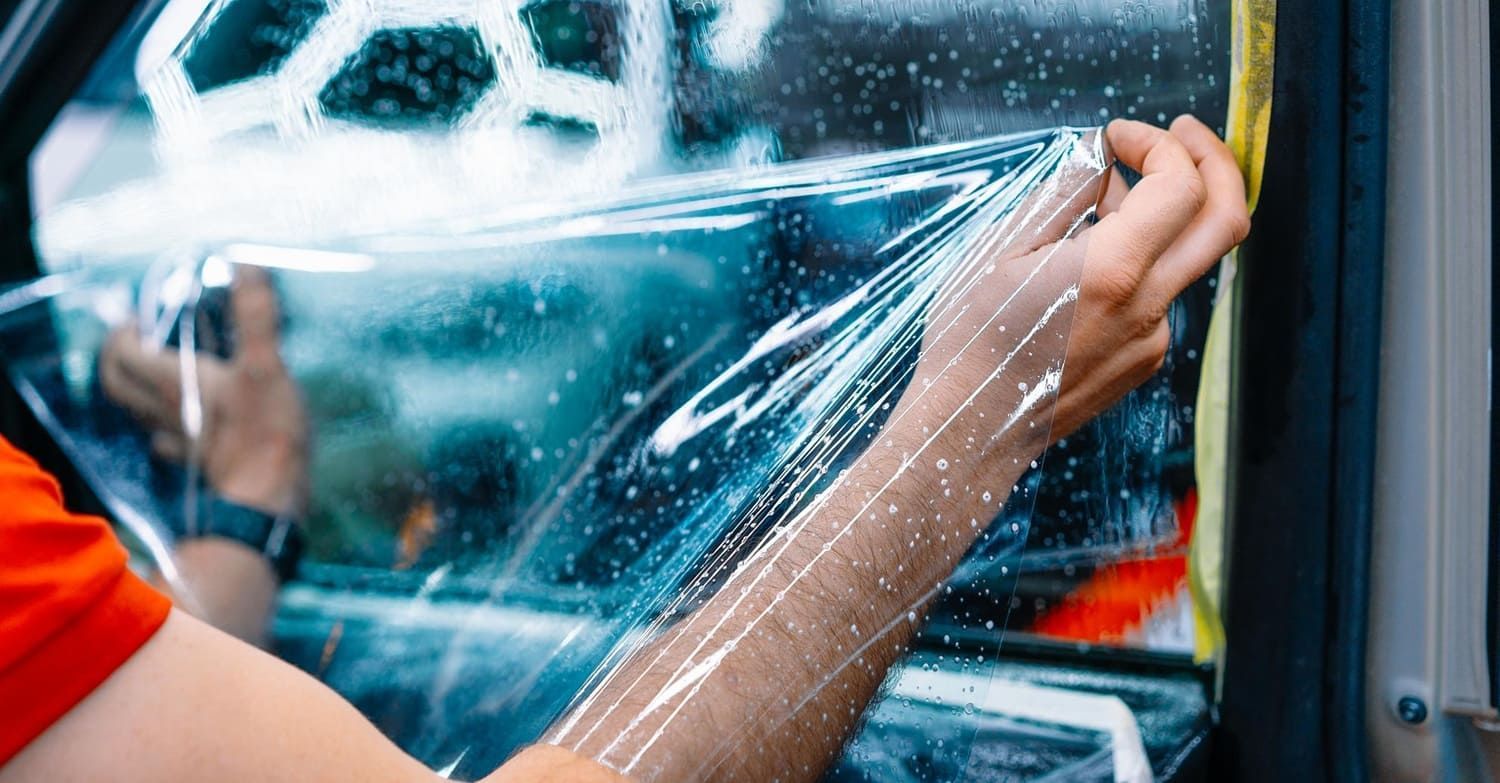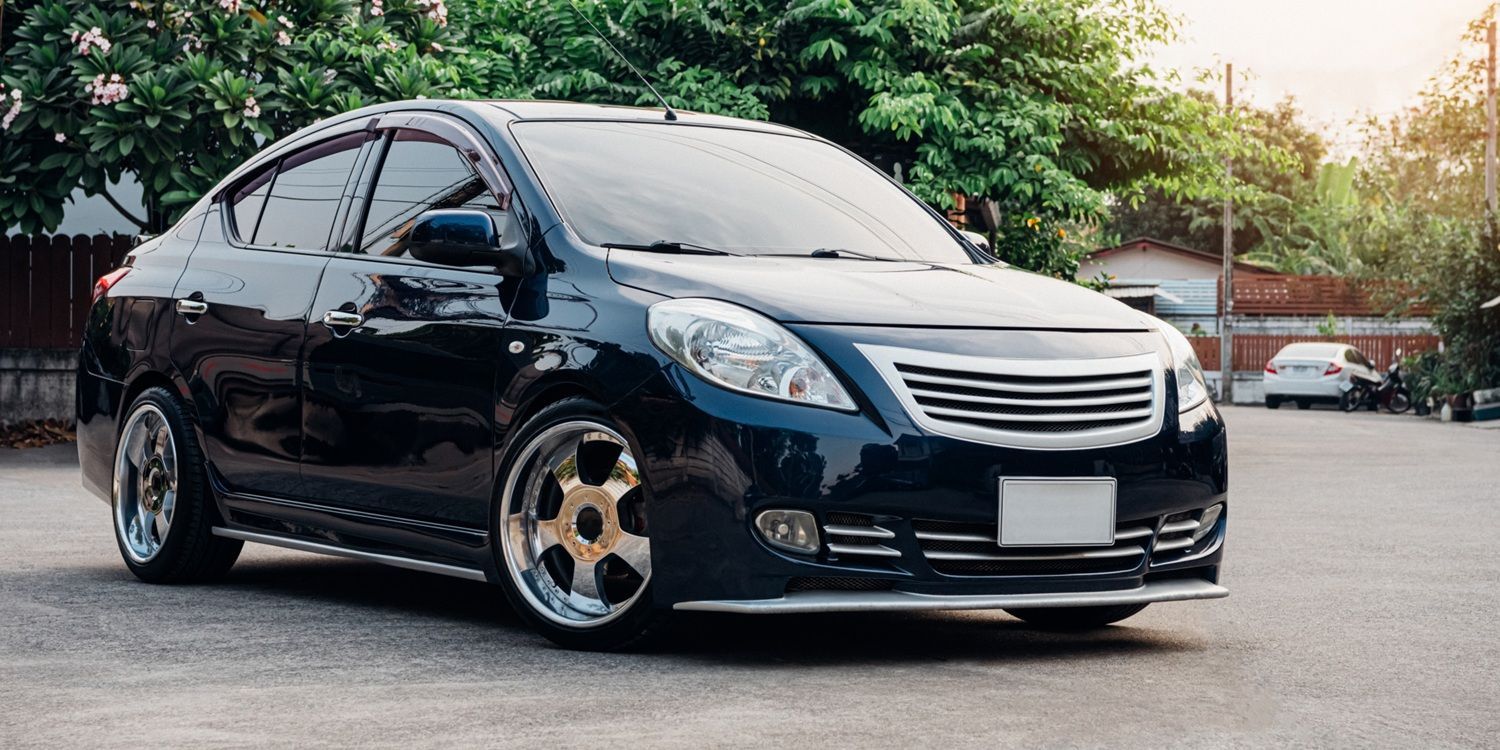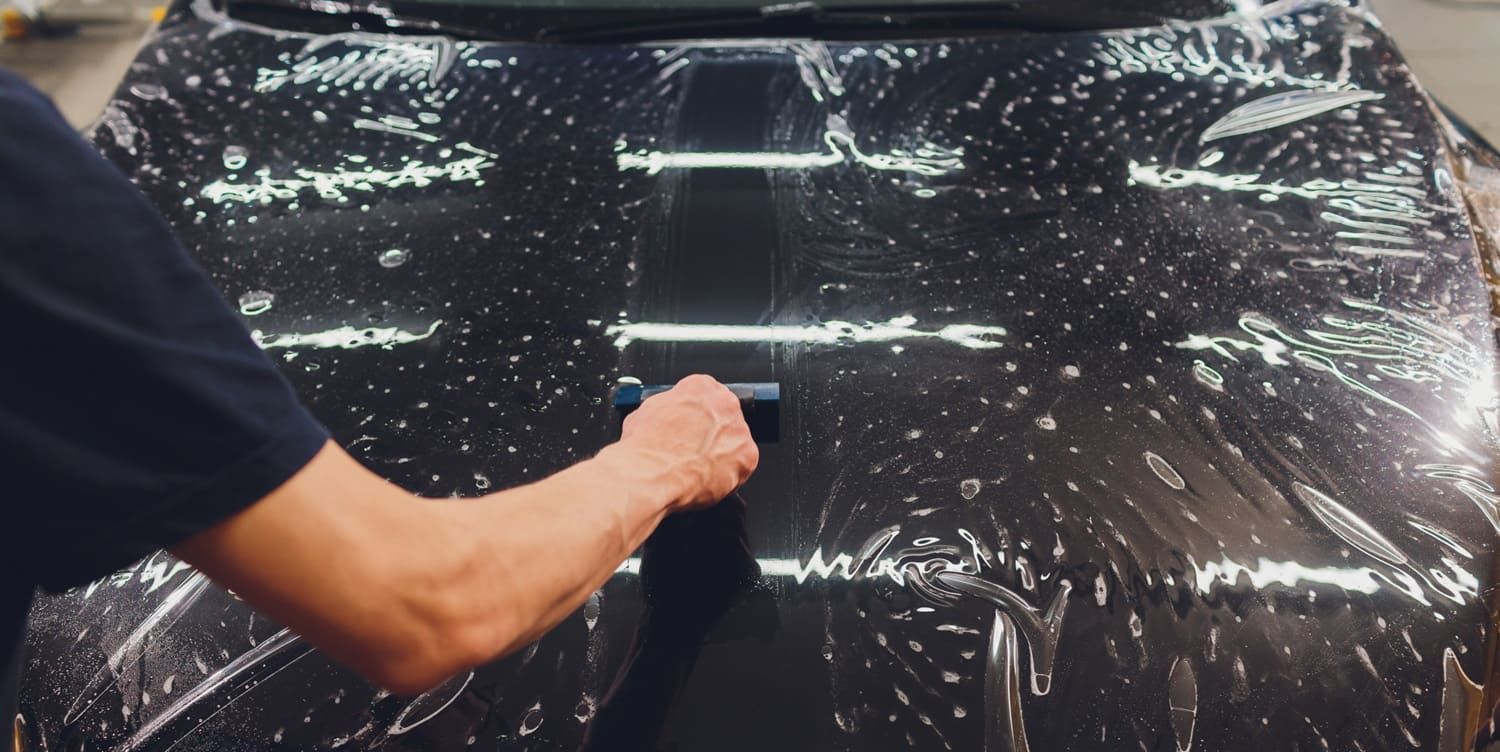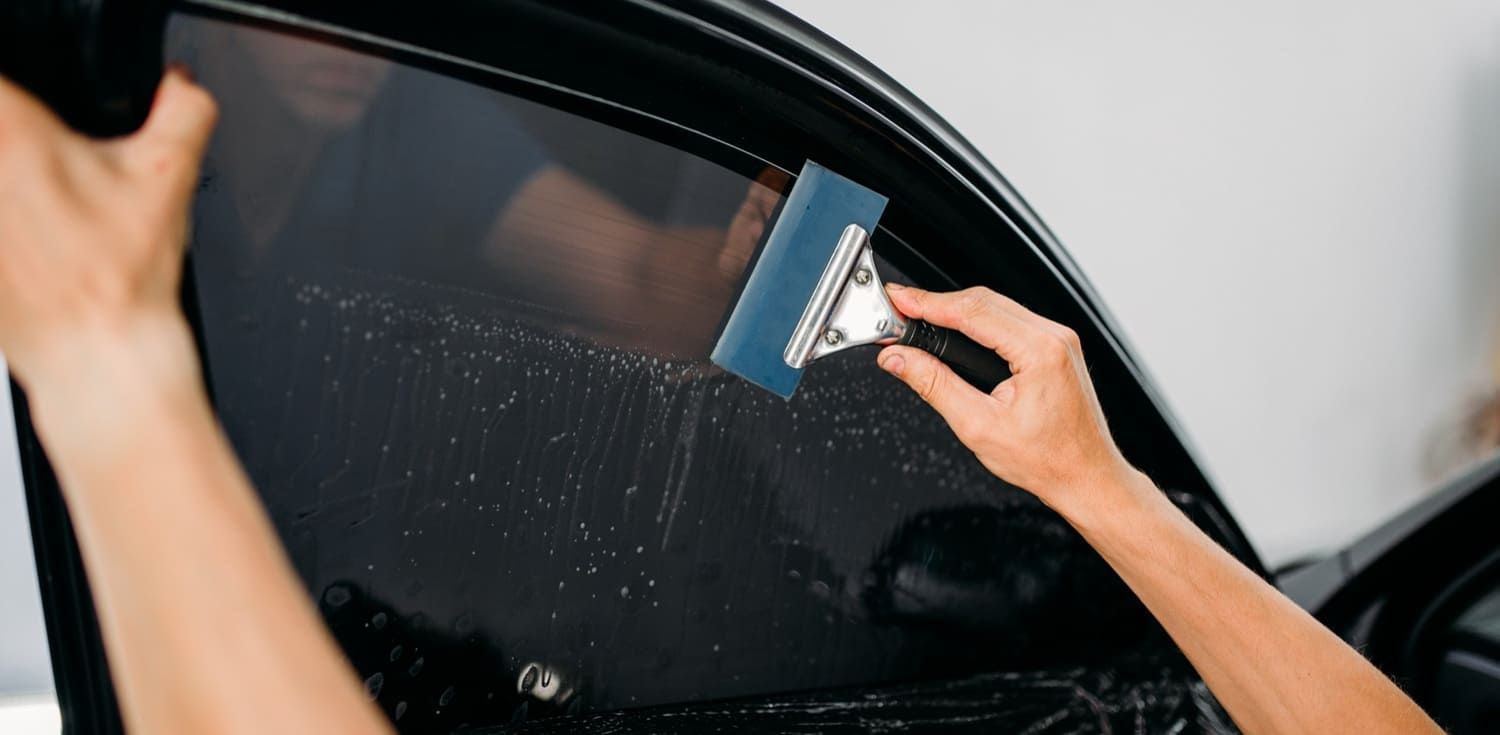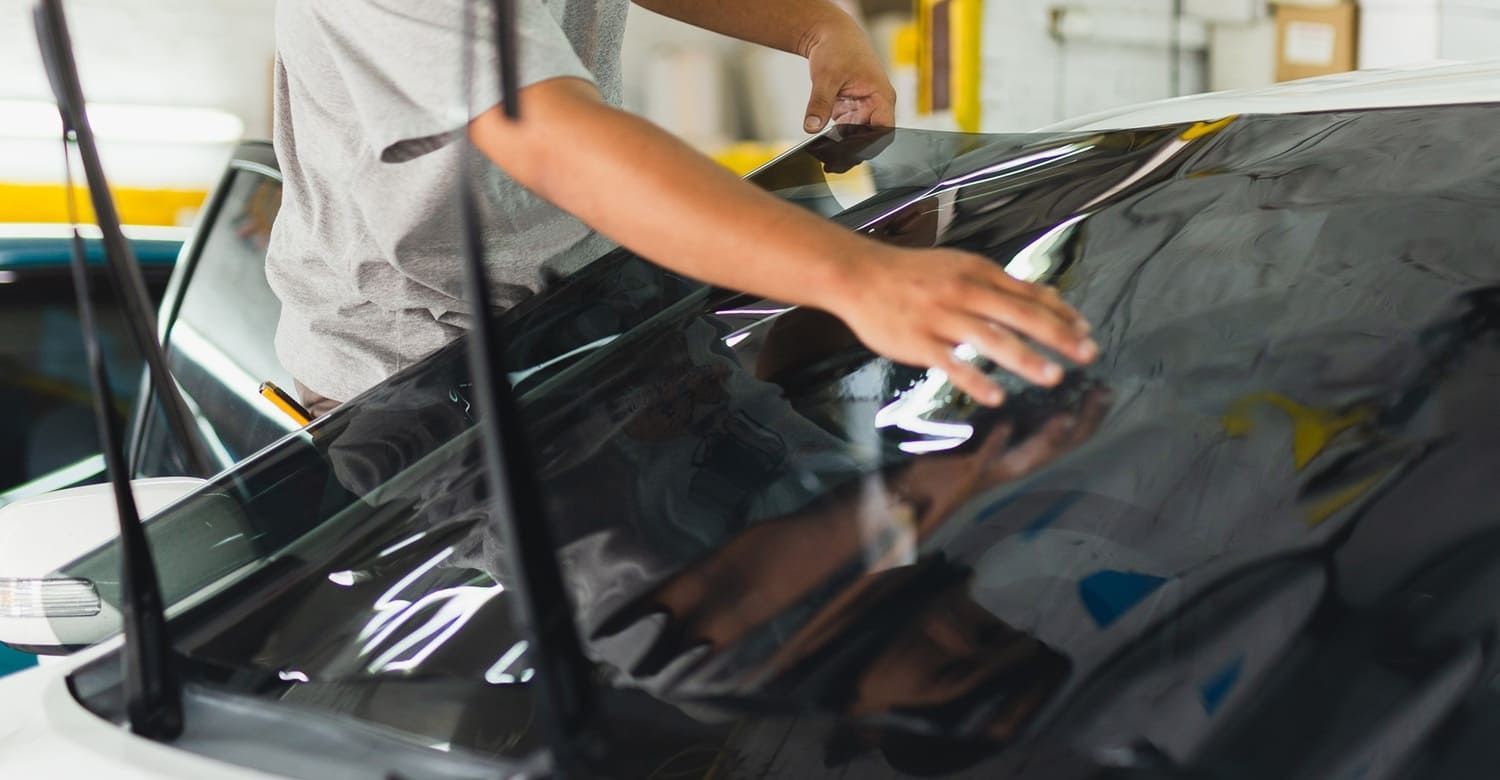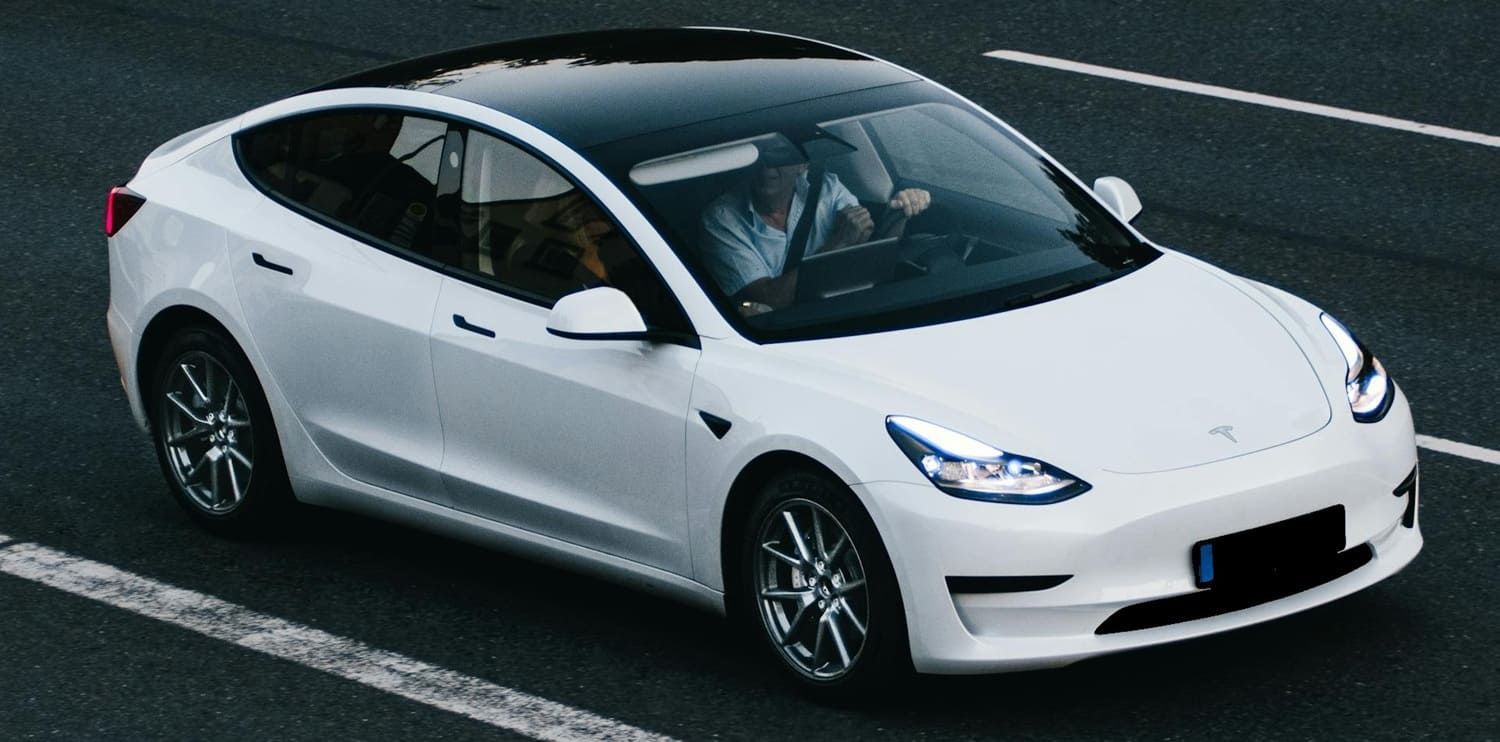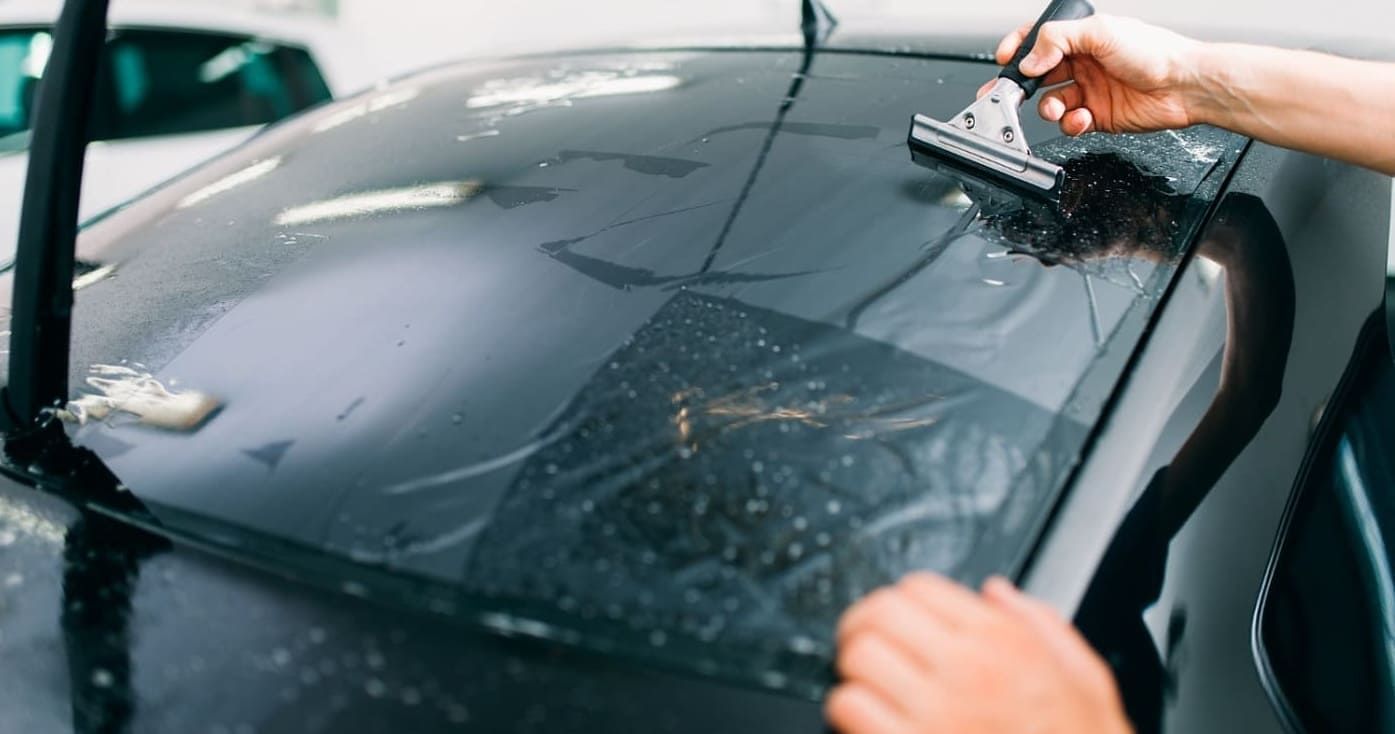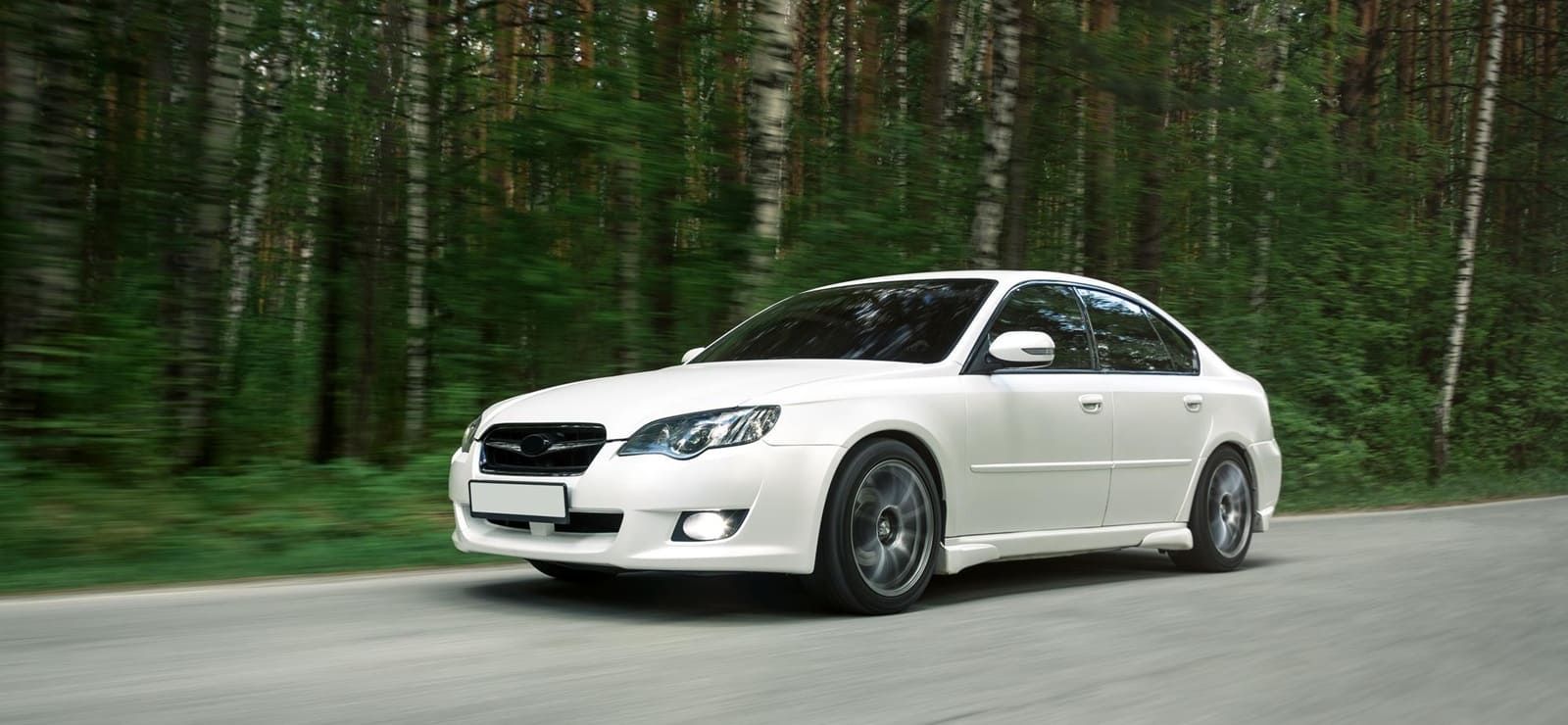Is Ceramic Coating Safe for Every Vehicle? What You Need to Know
Thinking about ceramic coating for your car? It's all the rage these days, but is it safe for every type of vehicle? Ceramic coating promises to protect your car's paint and keep it looking shiny and new. But before you jump in, there are some things you need to know. Let's break down what ceramic coating is, its benefits, potential risks, and if it's really the right choice for your vehicle.
Key Takeaways
- Ceramic coating offers a protective layer that shields your car from environmental factors like UV rays and minor scratches.
- While it enhances the look of your car, the application process can be tricky and might require professional help.
- The cost of ceramic coating can be high, but its long-lasting protection might justify the investment for many car owners.
- Ceramic coating is not a one-size-fits-all solution; it may not be suitable for every vehicle type or condition.
- Regular maintenance is still necessary even with a ceramic coating, but it can reduce the frequency and intensity of cleaning.
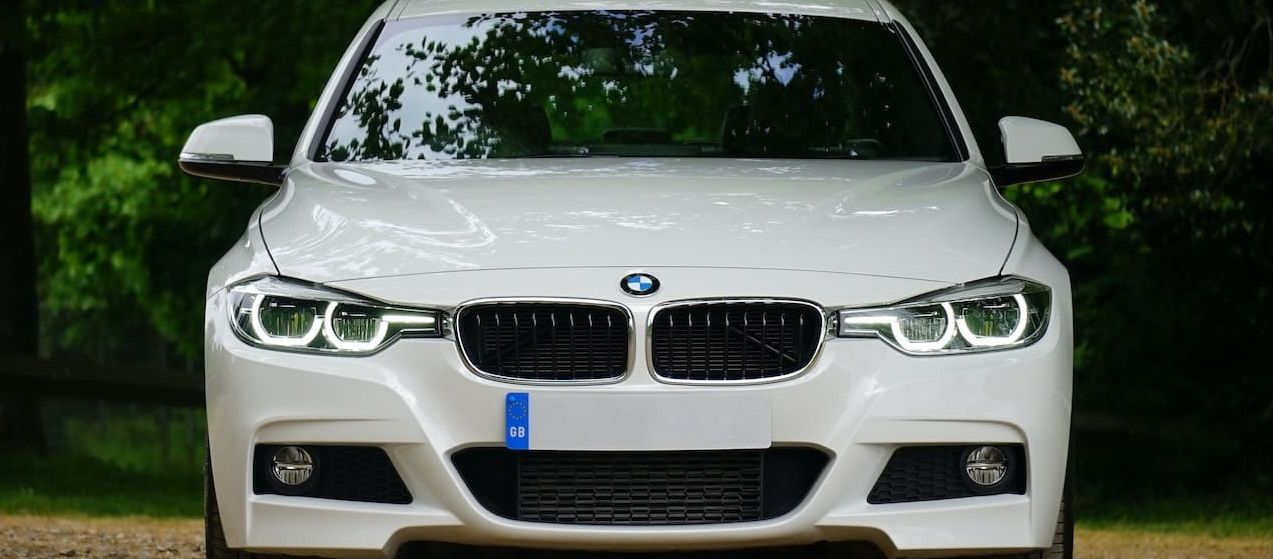
Understanding Ceramic Coating Safety for Vehicles
What is Ceramic Coating?
Ceramic coating is a liquid polymer applied to the exterior of a vehicle. It's not just a fancy term for a shiny car finish. This coating chemically bonds with the car's factory paint, creating a layer of protection. Think of it like a second skin for your car that helps guard against environmental elements. The main ingredients usually include silicon dioxide, which hardens to form a durable shield. It’s like giving your car a suit of armor against the outside world.
How Does Ceramic Coating Work?
The magic of ceramic coating lies in its ability to form a semi-permanent bond with your vehicle's paint. Once applied, it fills in the microscopic pores in the paint, creating a hydrophobic surface. This means water and dirt have a harder time sticking to the car, making it easier to clean. Here's a quick rundown of how it works:
- Application: The coating is applied by hand, ensuring even coverage.
- Bonding: It chemically bonds with the paint, forming a protective layer.
- Protection: Offers protection against UV rays, oxidation, and minor scratches.
Common Misconceptions About Ceramic Coating
There are a few myths floating around about ceramic coatings. Let’s clear them up:
- Myth 1: It's Scratch-Proof - While ceramic coatings do offer some protection against minor scratches, they’re not bulletproof. It won’t protect against major dents or deep scratches.
- Myth 2: No Maintenance Needed - Some believe that once a ceramic coating is applied, their car is maintenance-free. Not true! Regular washing is still needed, though it’s easier than without the coating.
- Myth 3: It Lasts Forever - Ceramic coatings are durable, but they don’t last indefinitely. Depending on the product and care, they might need reapplication every few years.
Ceramic coatings offer a robust layer of protection for your vehicle, but understanding their limitations is key to making the most of this technology. It’s not a miracle cure, but it’s a solid step towards preserving your car's appearance.
Benefits of Ceramic Coating for Vehicle Protection
Protection Against Environmental Damage
Ceramic coating acts like a shield for your car's paint. It protects against things like harsh sunlight, acid rain, and bird droppings. Regular wax can't compete because it wears off quickly, leaving your car vulnerable. With ceramic coating, your car's paint gets a tough barrier that keeps it looking fresh.
Enhancing Vehicle Aesthetics
Who doesn't love a shiny car? Ceramic coating gives your vehicle a glossy finish that makes it look like it just rolled out of the showroom. This isn't just about looks, though. The coating also helps keep dirt and grime from sticking, so your car stays cleaner longer.
Longevity and Durability of Coating
One of the best things about ceramic coating is how long it lasts. Unlike wax that you have to reapply every few months, a good ceramic coating can last for years. This means less time spent on maintenance and more time enjoying the road. Plus, it bonds with the car's paint at a molecular level, making it incredibly durable.
Ceramic coating doesn't just make your car look good; it provides lasting protection that keeps your vehicle in top shape for years.
Potential Risks and Drawbacks of Ceramic Coating
Challenges in Application Process
Applying ceramic coating isn't just a simple weekend DIY project. It requires precision and a controlled environment. If you mess up, you might end up with streaks, high spots, or a dull finish. Professionals have the tools and experience to apply it correctly, but doing it yourself could lead to more harm than good. If you're not confident in applying it yourself, it's probably best to leave it to the pros.
Cost Considerations
Ceramic coating can be pricey, especially if you go for a professional application. Here's a quick look at potential costs:
| Application Type | Cost Range |
|---|---|
| DIY Kits | $10 - $70 |
| Professional | $500 - $3000 |
Sure, a DIY kit might seem like a bargain, but remember, you get what you pay for. If you make mistakes during application, fixing them might cost more than the coating itself.
Limitations in Damage Protection
While ceramic coatings offer good protection against environmental damage, they aren't invincible. They won't make your car scratch-proof, and they definitely won't repair any existing damage. If your car's paint is already faded or scratched, the coating will just seal those imperfections in place. It's not a magic shield that will protect against all types of damage. If you're expecting it to be, you might be disappointed.
Ceramic coating can be a great investment for your car, but it's important to know its limits. It's not a one-size-fits-all solution, and understanding its potential drawbacks can help you make a more informed decision.
Comparing Ceramic Coating with Other Protective Options
Ceramic Coating vs. Waxing
When it comes to keeping your car looking fresh, both ceramic coating and waxing have their perks. Waxing is the old-school method. It's been around forever and gives your car a nice shine. But, it wears off pretty quickly, especially if you're driving a lot or the weather's rough. You'll find yourself reapplying it every few months to keep that glossy look.
On the flip side, ceramic coating is like the new kid on the block. It forms a hard shell over your car's paint, making it more resistant to scratches, UV rays, and even some chemicals. It's not something you have to reapply often—think years, not months. But, it does cost more upfront and usually needs a pro to put it on right.
Here's a quick comparison:
| Feature | Waxing | Ceramic Coating |
|---|---|---|
| Durability | Months | Years |
| Application | DIY or Pro | Professional |
| Cost | Low | High |
| Protection Level | Basic | Advanced |
Ceramic Coating vs. Paint Protection Film
Paint Protection Film (PPF) is another option if you're serious about keeping your car's paint in tip-top shape. PPF is like a clear, thick skin that covers your car, offering great protection against rock chips, scratches, and even minor impacts. It's almost like a suit of armor for your vehicle.
Ceramic coating, while tough, doesn't quite offer the same level of impact resistance as PPF. It's more about keeping your car clean and shiny, and protecting against things like UV rays and chemical stains.
Here's how they stack up:
- Protection Level: PPF is superior for physical damage. Ceramic coating is better for chemical and UV protection.
- Appearance: Ceramic coatings enhance gloss, while PPF can be invisible if applied well.
- Cost: PPF is typically more expensive due to the material and installation process.
Choosing the Right Protection for Your Vehicle
Deciding between these options depends on what you want for your car. If you're looking for something affordable and easy to apply, waxing might be your go-to. But if you want long-lasting protection and don't mind the cost, ceramic coating is a solid choice.
For those who want the ultimate shield against road debris and rock chips, PPF is the way to go. You can even combine PPF with ceramic coating for the best of both worlds—PPF on the areas that take the most abuse, like the front bumper, and ceramic coating on the rest.
Remember, the best protection depends on your needs and budget. Whether it's the glossy shine of wax, the durable shield of ceramic, or the armor-like protection of PPF, each has its place in keeping your car looking its best.
Maintenance and Care for Ceramic Coated Vehicles
Regular Cleaning and Upkeep
Keeping your car clean is still crucial, even with a ceramic coating. You might think the coating means you can skip washes, but that's not the case. Dust, pollen, and other particles will still settle on your car. Aim to wash your car about twice a month using a pH-neutral car shampoo. This helps maintain the coating's effectiveness and keeps your car looking shiny. The good news? Ceramic coatings make washing easier, as dirt and grime don't stick as much.
Reapplication and Touch-Up Needs
Ceramic coatings aren't forever. Over time, they can wear down, especially in areas that get a lot of contact or exposure. If you notice dull spots or areas where the coating seems to be wearing off, it might be time for a touch-up. You don't always need to remove the entire coating. Instead, you can reapply the coating to specific areas as needed. Just make sure to use the same product for consistency.
Professional vs. DIY Maintenance
Deciding between professional and DIY maintenance depends on your comfort level and budget. Professional services ensure a thorough job but can be pricey. DIY kits are more affordable and can be done at home, but they require patience and attention to detail. If you're doing it yourself, follow the instructions carefully, and don't rush the process. Whether you choose professional or DIY, regular maintenance is key to keeping your ceramic coating in top shape.
Maintaining a ceramic-coated car isn't just about keeping it clean—it's about ensuring the coating lasts as long as possible. Regular care can save you time and money in the long run, preserving your vehicle's appearance and value.

Is Ceramic Coating Suitable for All Vehicle Types?
Considerations for Different Vehicle Surfaces
When it comes to ceramic coating, not all vehicles are created equal. Cars, trucks, motorcycles, and boats all have different surfaces that may react differently to the coating. For instance, the metal and paint on a car might bond well with ceramic coatings, offering a sleek and durable finish. However, surfaces like plastic or rubber may not adhere as effectively, potentially leading to uneven coverage or reduced longevity. It's essential to assess the material of your vehicle's exterior before diving into ceramic coating.
Impact on Older vs. Newer Vehicles
Ceramic coating can breathe new life into older vehicles by enhancing their appearance and providing a protective layer against further wear and tear. However, older cars might have paint imperfections or damage that could affect the coating's effectiveness. Newer vehicles, on the other hand, often have pristine paintwork, making them ideal candidates for ceramic coating. The coating can help maintain that fresh-off-the-lot look and offer protection from the elements.
Special Cases: Motorcycles and Boats
Motorcycles and boats present unique challenges when it comes to ceramic coating. Motorcycles have numerous intricate parts and surfaces that require careful application to ensure complete coverage. Boats, exposed to water and salt, need a coating that can withstand harsh marine environments. While ceramic coatings can offer excellent protection for both, the application process might be more complex and require specialized products designed for these specific uses.
It's important to remember that while ceramic coating can offer fantastic protection and aesthetic benefits, it's not a one-size-fits-all solution. Each vehicle type and surface requires careful consideration to ensure the best results.
Wrapping It Up: Is Ceramic Coating Right for Your Ride?
So, there you have it. Top Line Motor Sport, a Premier and Trusted Ceramic Coating Installer serving Cape Coral and Fort Myers, Florida Areas, offers ceramic coating that can be a game-changer for your car's appearance and protection. Ceramic coating provides a shiny finish and shields against minor scratches and UV rays, but it won't make your car invincible. You'll still need to wash it and take care of it. Plus, it's not cheap, and applying it can be tricky.
If you're not confident in doing it yourself, let our professional team handle the installation. At Top Line Motor Sport, we ensure a flawless application that maximizes the benefits of your ceramic coating, giving your car a fresh and protected look that lasts.
In the end, whether it's worth it depends on your budget and how much you value that extra layer of protection. If you love keeping your car looking fresh and have the cash to spare, ceramic coating with Top Line Motor Sport might just be the right move for you. Contact us today for a free estimate and let our experts help you enhance your vehicle's appearance and protection with our premium ceramic coating services.
Happy driving!
Frequently Asked Questions
What is ceramic coating for vehicles?
Ceramic coating is a liquid polymer applied to a car's exterior, creating a protective layer that shields against dirt, scratches, and UV rays. It makes the car shiny and easier to clean.
How long does ceramic coating last on a vehicle?
Ceramic coating can last anywhere from 2 to 5 years, depending on the quality of the product and how well you maintain your vehicle.
Can I apply ceramic coating myself?
While you can apply ceramic coating yourself, it's often best to have a professional do it to ensure even coverage and the best results.
Does ceramic coating make a car scratch-proof?
No, ceramic coating doesn't make a car scratch-proof. It helps protect against minor scratches and swirl marks but won't prevent all damage.
Is ceramic coating worth the cost?
Ceramic coating can be worth the cost if you want long-lasting protection and a shiny finish. It reduces maintenance time and can help keep your car looking new.
Do I still need to wash my car if it has a ceramic coating?
Yes, you still need to wash your car. Ceramic coating makes it easier to clean and reduces the frequency of washes, but regular maintenance is still necessary.

